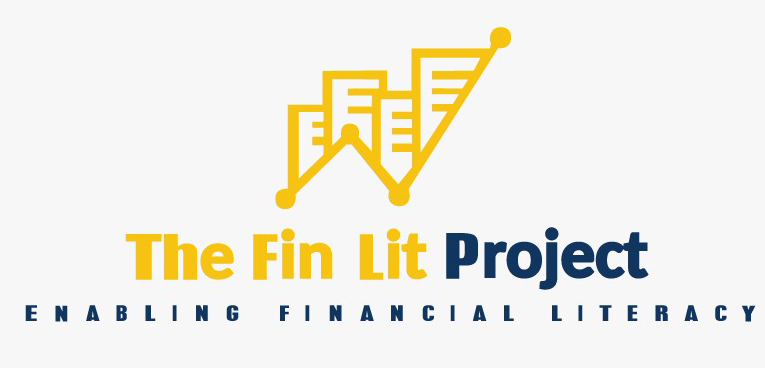June 25, 2020. The Organisation for Economic Co-operation and Development (OECD) unveiled its report on an International Survey of Adult Financial Literacy.
We were honoured to have been invited to this special release and wanted to see for ourselves and so many others where we stand today in terms of financial literacy. The findings were pretty stark and affect all of us on a global level.
26 countries and economies (of which 12 are OECD member countries), drawn from Asia, Europe and Latin America, participated in this second international survey of financial literacy using the globally recognised OECD/INFE (International Network on Financial Education) toolkit.
A key finding which resonates with our mission and purpose tell us that only 28% adults across the entire sample report have a financial cushion of about 1 week.
This is hard hitting in crisis situations like pandemics where more and more people are filing for unemployment claims or are forced to work for half or meagre pay.
The foundation of financial literacy is centered around the premise that educated adults are capable of doing better than these numbers. After all its all about understanding elementary concepts like compounding, inflation and time value of money.
The onus is always on us. It really isn’t about failing to meet ends in times like these but about building that financial buffer that pulls us through these times. These circumstances are not a one off event. They tend to happen again and again as the economy functions in cycles, buoyed by demand and supply forces, GDP movements and new events. The economic cycle comprises of expansions, peaks, contractions, and troughs. This implies that there is no guarantee that the future will not see such contractions. They’ve happened in the past and can happen again.
That is why we reiterate that understanding financial literacy is crucial. Its not just about building financial knowledge and capability, but about having a consistent financial attitude and practicing it with steady financial behaviour. The stronger foundation we build for ourselves the less likely we are to be impacted.
What is the purpose of building Financial Resilience? It about having the strength to pull through times which in business parlance are called VUCA times (Volatile, Uncertain, Complex and Ambiguous).
Financial Markets keep changing and persistence is vital to being financially resilient.
Simple habits like saving and putting your money in the right instruments for your risk appetite can help shield you during hard times and perhaps let you pursue your avocations. The key is constant financial learning to assess your investments from time to time and making that knowledge work for you. Financial Literacy essentially is a lifelong process that builds financial resilience. The sooner you embrace it, the easier your financial journey is likely to be.
Financial Resilience also contributes to your financial well being. Key financial well being elements that are mentioned in the report that we would like to highlight here as well are:
- Taking care of your expenses
- Keeping a tab over your money
- Having a financial cushion
- Coping with a financial shortfall
- Planning individual finances
- Being aware of frauds
Its all about making finance a part of your life irrespective of what work you do.
Starting small but being diligent with your financial planning. Once that financial behaviour becomes a financial habit, Finance Resilience becomes be a Reality !
Please click here to read the complete text of this OECD/INFE report.


